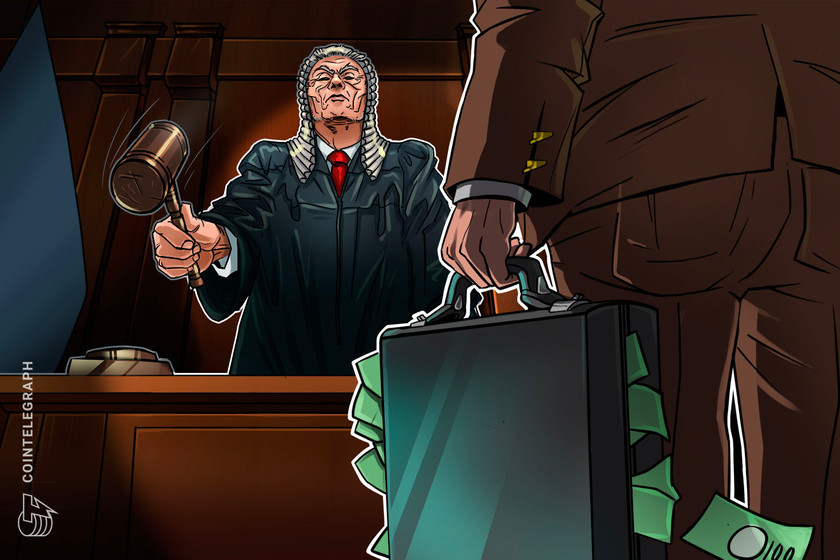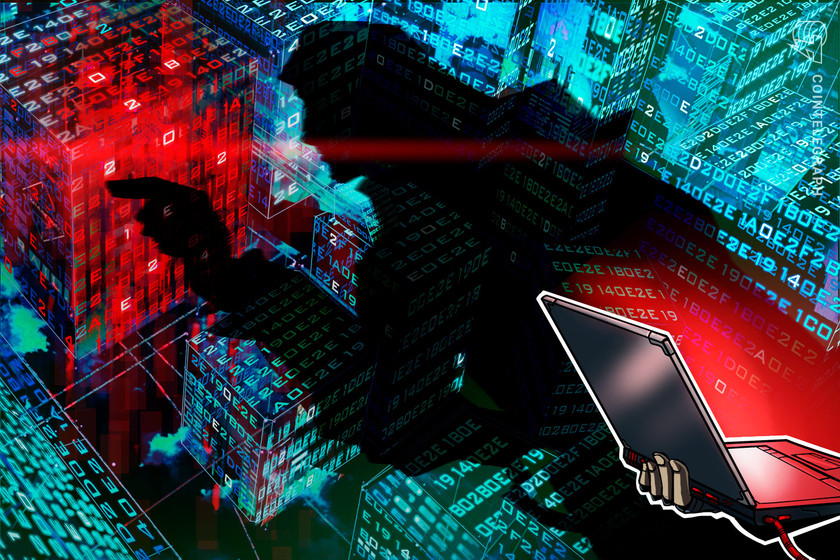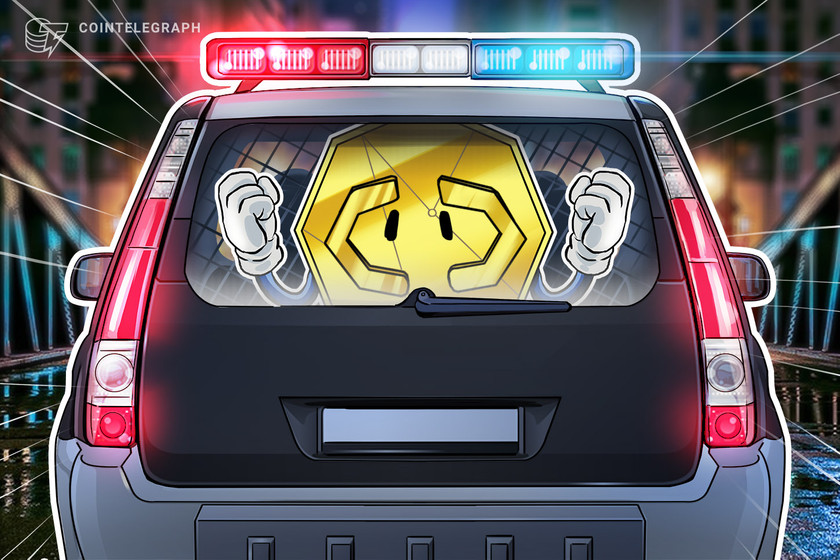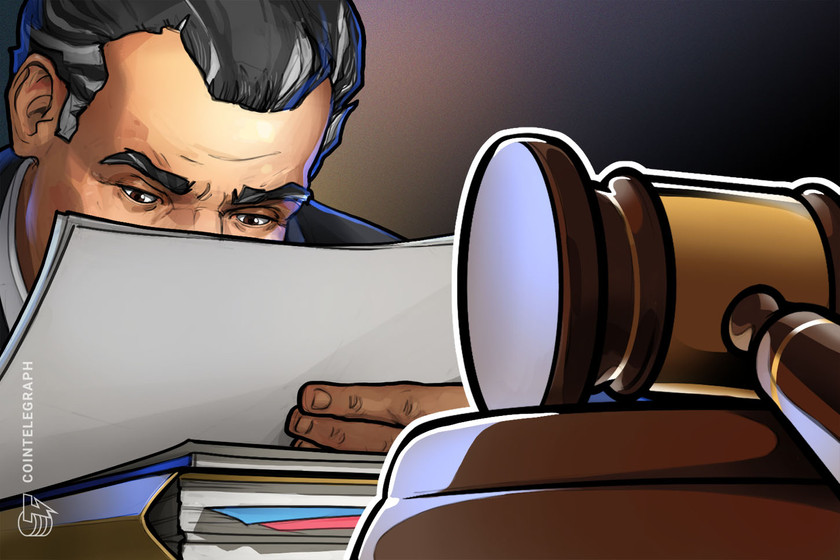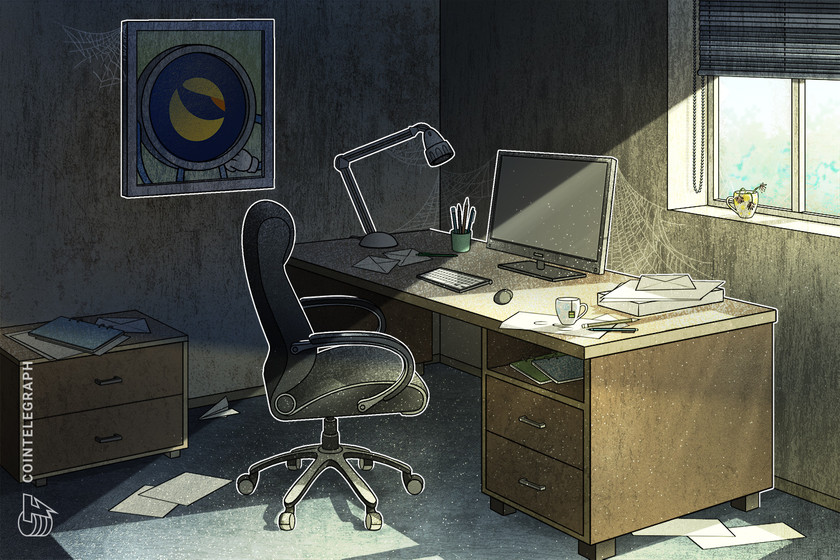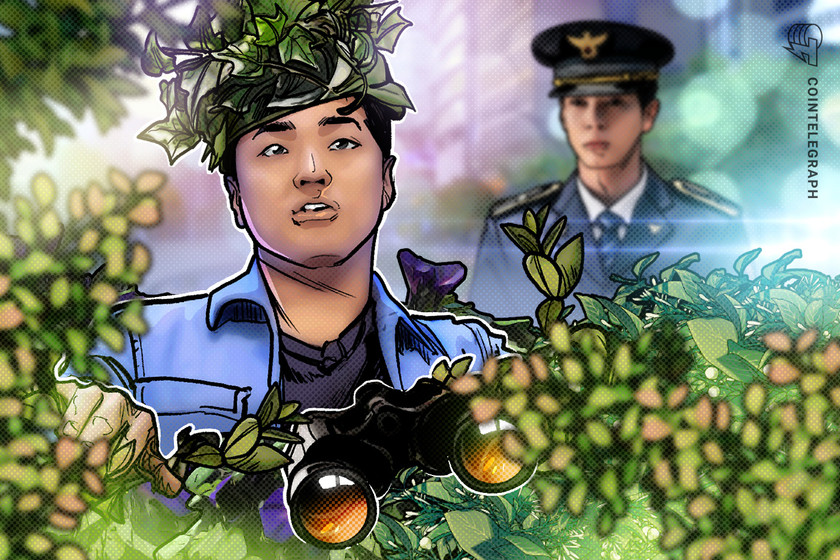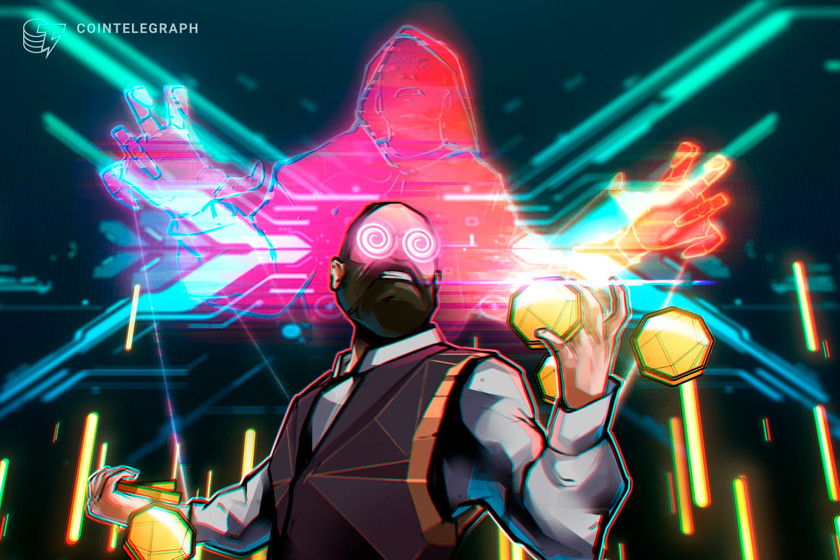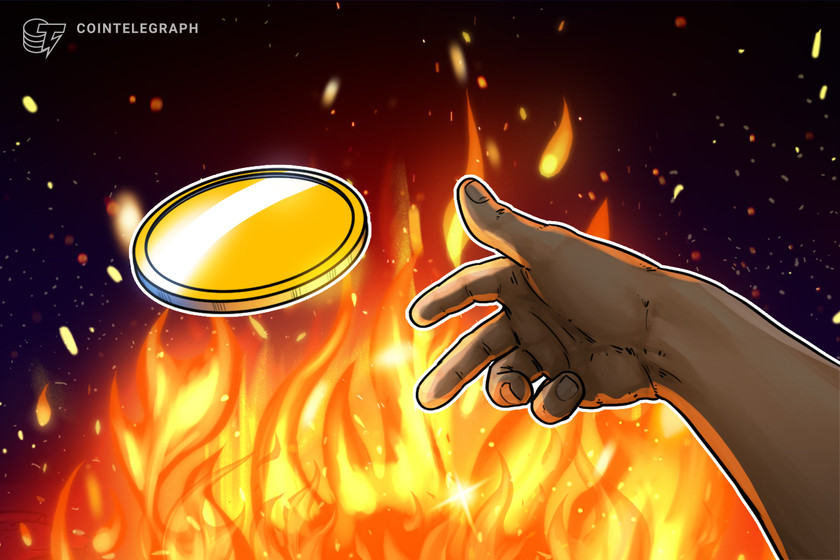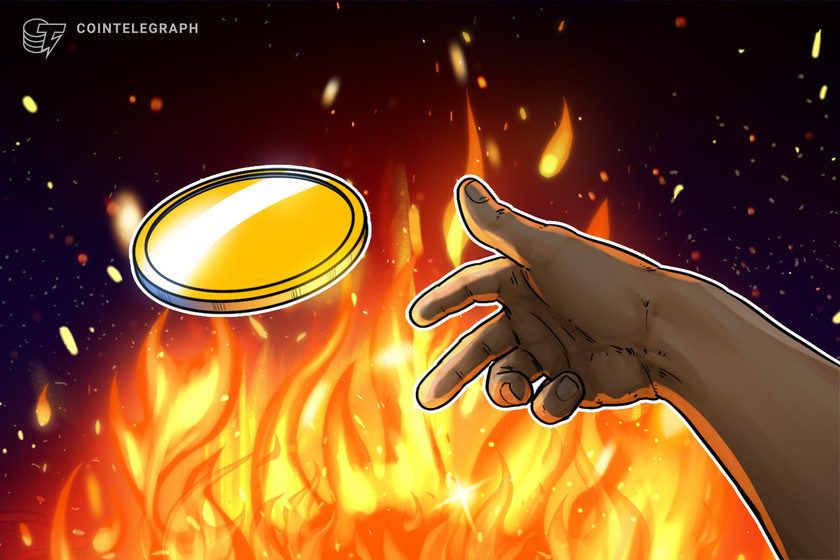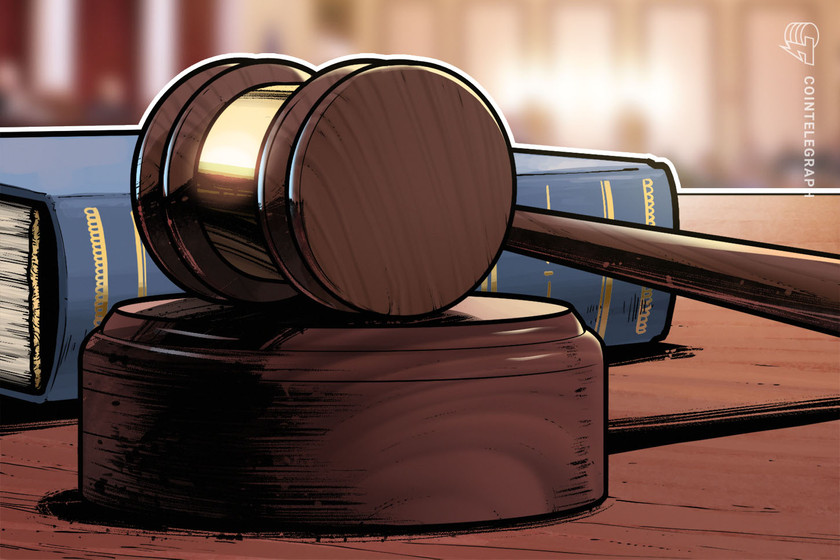Do Kwon lawyers received $7 million before Terra collapse: Report


While trying to tie in Kwon’s ill intent in prepaying the law firm, prosecutors believe that the information will help in the ongoing fraud case.
South Korean prosecutors confirmed that Terraform Labs CEO Do Kwon sent 9 billion won ($7 billion) to Kim & Chang — a top South Korean law firm — right before the spectacular collapse of the Terra ecosystem.
Kwon’s decision to send millions to the law firm was flagged by prosecutors as a deliberate move, which allegedly reaffirmed his awareness of the impending collapse and anticipated expected legal problems, as reported by KBS News.
While trying to tie in Kwon’s ill intent in prepaying the law firm, prosecutors believe that the information will help in the ongoing fraud case. In addition, Kim & Chang’s lawyers visited Montenegro to meet with Kwon and Terraform’s former chief financial officer, Han Chang-joon.
Previously, Kwon was arrested at Podgorica airport in Montenegro after trying to fly to Dubai using fake documents. Following his arrest, both United States and South Korean authorities have sought Kwon’s extradition. However, the court is yet to decide.
Related: Terra co-founder in S.Korean crosshairs following Do Kwon arrest
On April 7, it was revealed that South Korean prosecutors suspected Kwon of converting illicit funds from Terra (LUNA) to Bitcoin (BTC). The prosecutors requested Binance to halt all withdrawal requests linked to Kwon.
In total, prosecutors identified 414.5 billion won ($314.2 million) in illicit assets associated with Terraform Labs co-founder Kwon and his associates, out of which about 91.4 billion won ($69 million) is reportedly directly linked to Kwon.
“We provided Korean LE authorities with the requested assistance. Since we cannot comment on ongoing LE investigations, for any further comment, please reach out to the prosecutors,” said a Binance spokesperson, speaking to Cointelegraph about the matter.
Magazine: US enforcement agencies are turning up the heat on crypto-related crime

